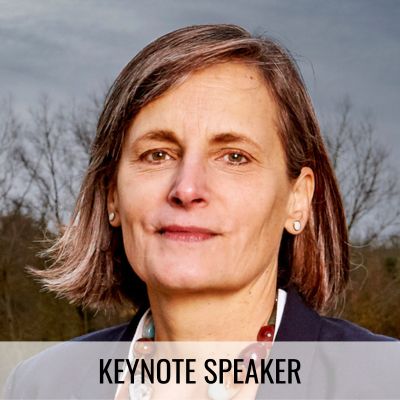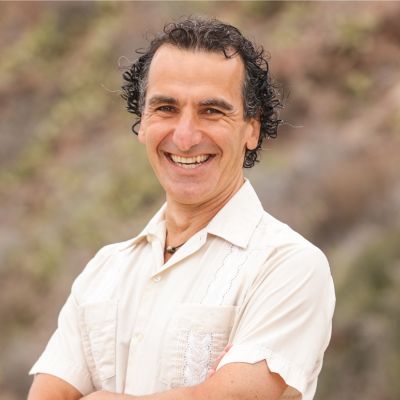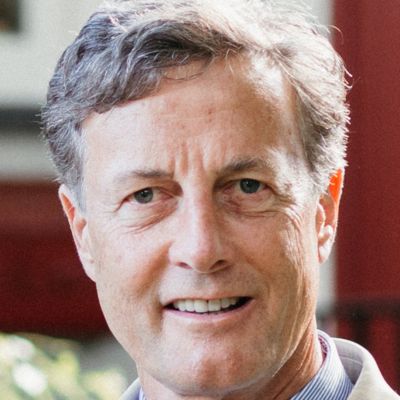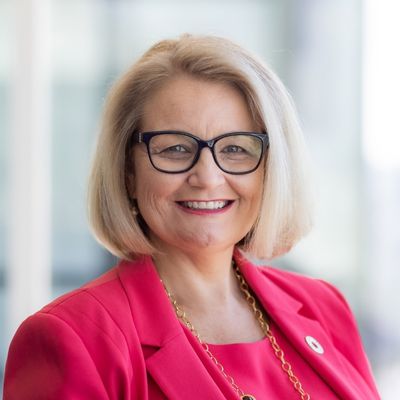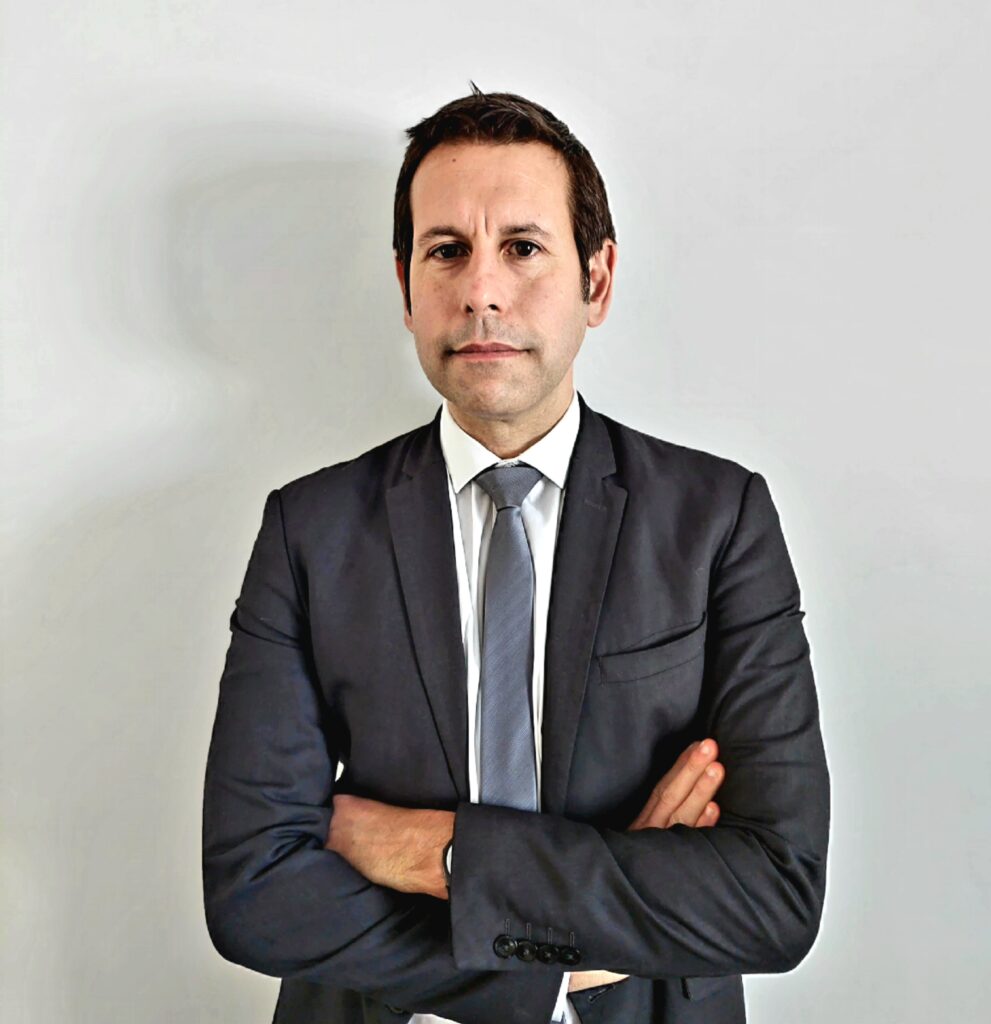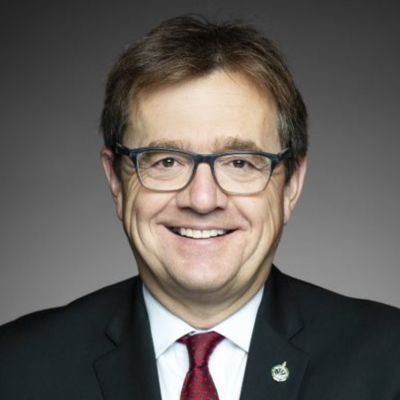On November 9, 2023, the Canadian Climate Institute and the Net-Zero Advisory Body held their third annual pan-Canadian climate conference: Building Momentum Toward Net Zero.
Date: Thursday, November 9, 2023, full-day conference
Last year’s conference was a huge success with more than 1,500 participants. This year’s conference was just as dynamic with our great line-up of national and international speakers including:
- Honourable Jonathan Wilkinson, Minister of Natural Resources
- Honourable Steven Guilbeault, Minister of Environment and Climate Change
- Corinne Le Quéré, Chair, The High Council for Climate, France
- Geoffrey R. Pyatt, Assistant Secretary for Energy Resources, U.S. Department of State
- Sean Speer, Editor-at-large, The Hub
- Catherine Cobden, President & CEO, Canadian Steel Producers Association
- James Jenkins, Executive Director, Indigenous Clean Energy
You can find the complete agenda, recordings of the day and our full list of speakers below.
Schedule
8:30 am
Welcome and Land Acknowledgement
Tosh Southwick, Climate Institute
Sarah Houde, NZAB
Elder Verna McGregor
8:45 am
Latest results of NZAB and the Climate Institute’s advice and analysis
Dan Wicklum, CEO, The Transition Accelerator
Rick Smith, President, Canadian Climate Institute
8:55 am
Opening remarks
Mairead Lavery, President & CEO, Export Development Canada
Bea Bruske, President, Canadian Labour Congress
9:05 am
Panel 1: Regulating Zero Emission Vehicles
Moderator: Simon Donner, NZAB
Speakers: Brian Kingston, Canadian Vehicle Manufacturers
Joanna Kyriazis, Clean Energy Canada
Katya Rhodes, University of Victoria
Increasing the uptake of zero-emissions vehicles is key to reducing pollution from the transportation sector. This panel explores the federal government’s work to ensure 60 per cent of new light-duty vehicles are zero-emissions by 2030, en route to 100 per cent of new light-duty vehicles by 2035.
9:55 am
Remarks
The Honourable Gavin Newsom, Governor of California (video)
10:10 am
Keynote: Geoffrey R. Pyatt, U.S. Assistant Secretary of State for Energy Resources
Introduction by Peter Nicholson, Chair, Canadian Climate Institute
Geoffrey R. Pyatt, U.S. Assistant Secretary of State for Energy Resources
10:25 am
Geoffrey R. Pyatt in conversation with Sean Speer, Editor-at-large, The Hub
Geoffrey R. Pyatt, U.S. Assistant Secretary of State for Energy Resources
Interviewed by Sean Speer, Editor at Large, The Hub
10:40 am
Ministers’ discussion
Steven Guilbeault, Minister of Environment and Climate Change Canada
Jonathan Wilkinson, Minister of Natural Resources
moderated by Catherine Abreu, NZAB
11:30 am
Panel 2: Greening Canada’s Buildings
Remarks from Philippe Adam, President and CEO, Pomerleau
Moderator: Kate Harland, Climate Institute
Speakers: Raegan Bond, Dunsky Energy + Climate Advisors
Monica Gattinger, Institute for Science, Society and Policy
James Jenkins, Indigenous Clean Energy
Climate pollution from the building sector is increasing, putting Canada at risk of missing its 2030 emissions reduction target. This panel discusses the use of policies such as the Green Building Strategy to address these rising emissions while also making new and renovated buildings more resilient to extreme weather events.
1:05 pm
Video Greetings
Crispian Olver, Executive Director, Presidential Climate Commission, South Africa
Premier of B.C. David Eby
1:10 pm
Keynote: Corinne Le Quéré, Chair, France High Council on Climate
Introduction by Frank Marchetti, Minister-Counsellor, Embassy of France to Canada
Corinne Le Quéré in conversation with Éric-Pierre Champagne, La Presse
1:45 pm
Panel 3: Policies for a Bigger, Cleaner, Smarter Electricity System
Introduction by Jonathan Price, CEO, Teck (video)
Moderator: Sachi Gibson, Climate Institute
Speakers: Mark Jaccard, BC Utilities Commission
Francis Bradley, Electricity Canada
Laura Arnold, VP, External Affairs, Sustainability and Market Policy, TransAlta
Moe Kabbara, Transition Accelerator
The “big switch” from fossil fuels to clean electricity is the backbone of Canada’s clean energy transition, and will require coordinated actions from all orders of government. This panel looks at how policies and regulations can decarbonize, expand, and modernize the grid to provide clean, affordable, and reliable electricity to all Canadians.
2:35 pm
Panel 4: Improving Output-Based Pricing Systems in Canada
Remarks from Catherine Cobden, President & CEO, CSPA
Moderator: Dale Beugin, Canadian Climate Institute
Speakers: Sarah Petrevan, Cement Association
Caroline Brouillette, CAN-Rac
Michael Bernstein, Clean Prosperity
Output-Based Pricing Systems (OBPS) create incentives for industrial emitters to reduce emissions while protecting their international competitiveness. Several provinces have their own systems; the federal backstop applies in others. This panel will discuss changes that could be made to improve the OBPS’s impact and drive emissions reductions in sectors like electricity, steel, and cement.
3:45 pm
Panel 5: Implementing the National Adaptation Strategy
Remarks from Mandy Gull-Masty, Grand Chief, Cree Nation of Eeyou Istchee
Moderator: Sarah Miller, Canadian Climate Institute
Speakers: Jason Clark, Insurance Bureau of Canada
Erin Myers, Métis National Council
Caroline Larrivée, Ouranos
The summer of 2023 was marked not just by unprecedented wildfires, floods, droughts, and other extreme weather events all across Canada, but also by the publication of Canada’s first National Adaptation Strategy. Senior governments have historically undervalued and underinvested in climate change adaptation but with the National Adaptation Strategy the federal government has now spotlighted adaptation as a critical national priority on which it must play a leadership role. This panel discusses what needs to happen now to ensure the strategy delivers on protecting Canadians from the increasingly severe impacts of climate change.
4:35 pm
Remarks
Honourable Pierre Fitzgibbon, Québec Minister of Economy, Innovation and Energy
4:40 pm
Panel 6: Capping Oil and Gas Emissions
Moderator: Dan Wicklum, The Transition Accelerator
Speakers: Mark Cameron, Pathways Alliance
Chris Severson-Baker, Pembina
Sara Hastings-Simon, University of Calgary (remote and live)
Scientists are clear that to avoid the worst consequences of climate change we need to attain net zero emissions by 2050 and follow a steady emissions reduction trajectory between now and 2050. This is a key reason countries must set interim reduction targets like Canada’s 2030 target. This session explores the emissions performance of the domestic oil and gas sector as it relates to global peers, in the context of meeting Canada’s 2030 target, the upcoming regulatory cap on oil and gas emissions, and future Canadian competitiveness.
5:25 pm
Closing Remarks
Elder Verna McGregor


